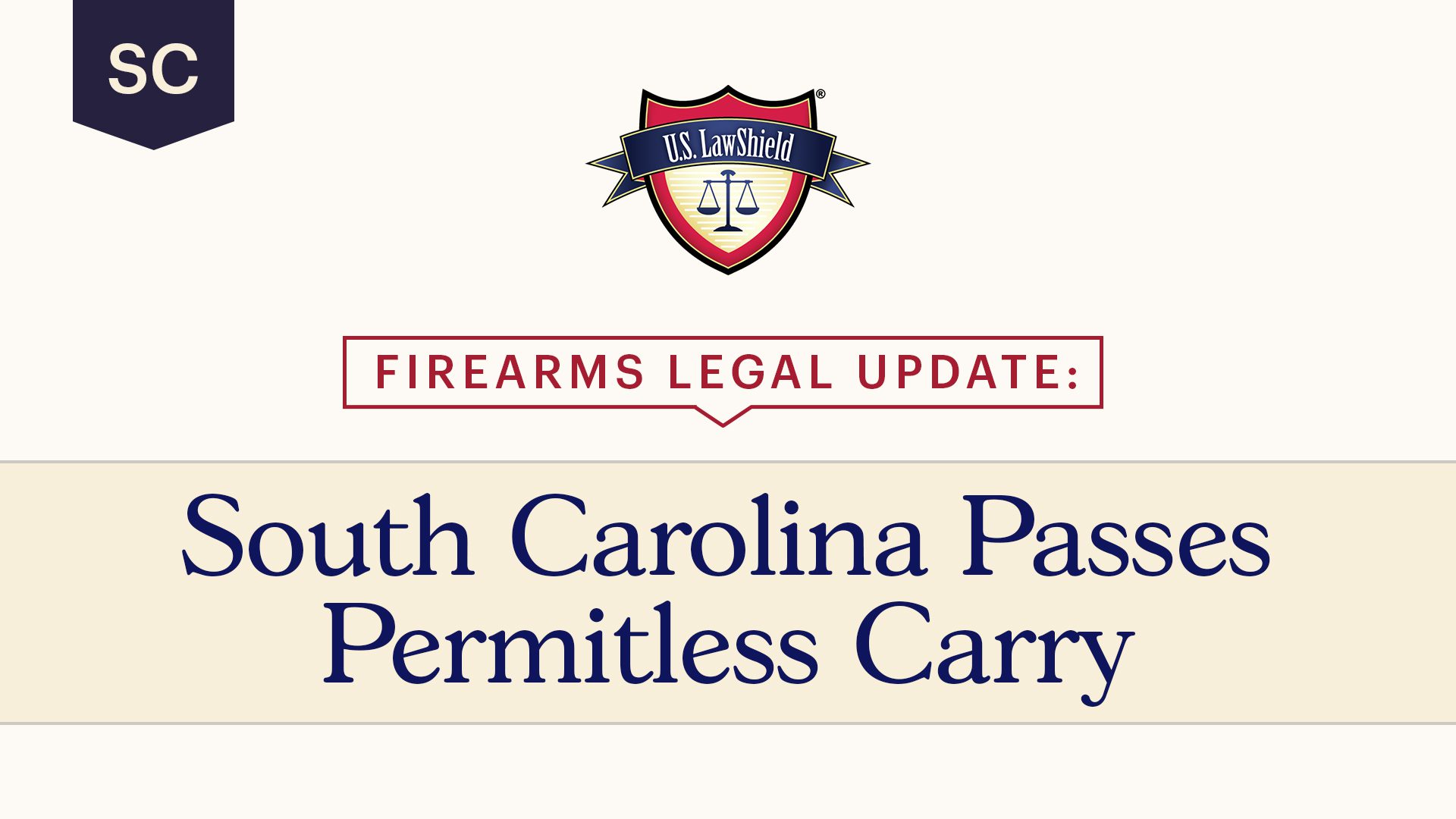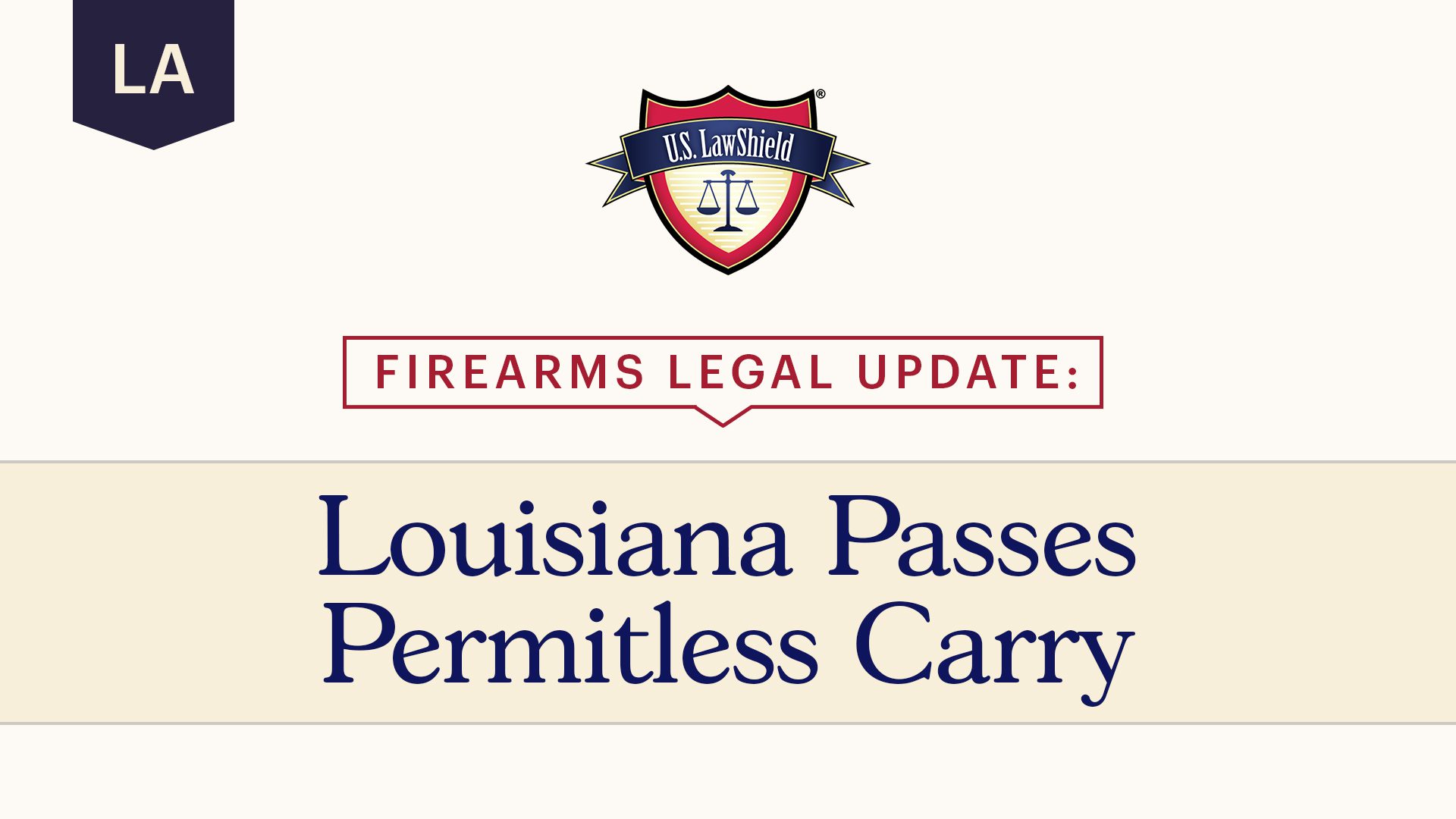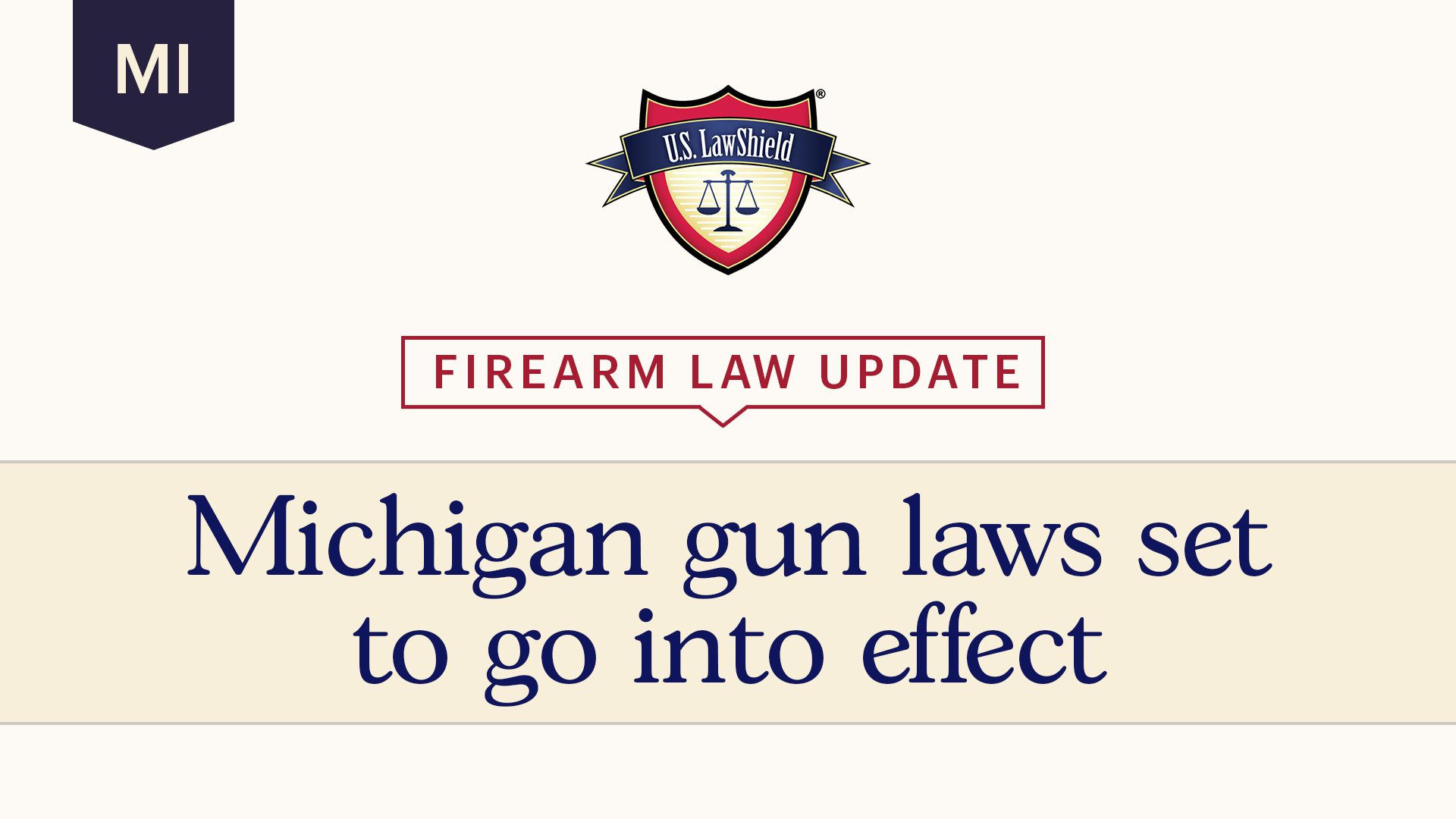
“I was walking home on my college campus when I saw a man I had gone on a few dates with, but decided I didn’t want to see anymore. He didn’t get the hint, because he grabbed me by the neck and started to scream at me. Desperate, I used the only weapon I had at hand: a glass soda bottle I was drinking out of. The bottle smashed into his face and cut him above the eye, then he let go and ran off. Imagine my shock the next day when the police arrested ME for assault with a deadly weapon!”
This is a real story of a self-defense encounter that happened to one our members. At the time, she was a single college student with no thoughts of what Legal Defense for Self Defense® might mean. To protect her identity, we are not including any real names, dates, or locations. For our purposes, we’ll call our defender “Maria.”
Maria was a college student, and like many college students she was enjoying the freedom that comes from leaving home. Naturally, some relationships work and others don’t. In certain cases, an ex-partner may not accept a “no” or “it’s over,” and that is what happened to Maria when a man chose to force a confrontation. That attitude led to this man accosting Maria on her way home, where she successfully defended herself with an improvised weapon, delivering a single-effective strike to the face of her attacker. Unfortunately for Maria, her attacker wasn’t done yet and reported the incident to the police—painting her as a violent aggressor who ambushed him with a broken bottle.
Arrested, locked up, and charged with felony assault, Maria didn’t have the protection U.S. LawShield®offers, which covers any legal weapon, including fists, feet, and improvised weapons. At the time, Maria faced losing her scholarship, getting kicked out of school, and jail time. Without legal protection and local resources, she was in real trouble.
Felony charges have severe implications, including the loss of enumerated rights. For example, if convicted, she would not have been able to vote, to possess or carry firearms, rent certain apartments, and she would not be able to be employed in select professions. For a young college student, just starting out, this means such a conviction could have haunted her the rest of her life. Keep in mind, even if you are legally able to apply for a certain position with a violent felony conviction on your record, employers are usually wary of someone with a violent history. So, even if a person interviewed well and seemed otherwise qualified for the position, the employer may not want to risk liability for hiring someone with a violent felony conviction.
Luckily for Maria, her story has a happy ending. She was able to get bailed out, and find a well-connected lawyer in the region who was willing to work pro bono to get her charges dropped. She was never convicted and was able to stay in college and finish her degree. However, imagine if she hadn’t been so lucky. If Maria hadn’t been able to find someone willing to work on her behalf for free, the odds that she would have beaten those charges are slim, and a felony conviction could’ve ruined the rest of her life. That’s why today Maria is a U.S. LawShield member and recommends coverage to everyone she knows, especially women.
Don’t bet your freedom on luck. Your life is worth protecting, and so is your liberty after you defend yourself.
The information provided in this publication is intended to provide general information to individuals and is not legal advice. The information included in this publication may not be quoted or referred to in any other publication without the prior written consent of U.S. LawShield, to be given or withheld at our discretion. The information is not a substitute for, and does not replace the advice or representation of a licensed attorney. We strive to ensure the information included in this publication is accurate and current, however, no claim is made to the accuracy of the information and we are not responsible for any consequences that may result from the use of information in this publication. The use of this publication does not create an attorney-client relationship between U.S. LawShield, any independent program attorney, and any individual.





Hopefully she was able to turn the tables and lodge an aggravated assault case against her attacker.
This is exactly why we have or should have the right to carry and defend ourselves from thugs. Any means necessary to not be a victim of crimes.
This is exactly why we have or should have the right to carry and defend ourselves from thugs. Any means necessary to not be a victim of crimes.
Good for her
She needed to be the first one to call the police and press charges. To rely on “someone else” to tell the truth- especially the attacker- is a fatal mistake.
What should I do, if I’m being arrested by my neighbors? About they hearing hear say that I’m going to have someone damage their vehicle.
I meant to say harassed.
If you are ever involved in any personal altercation it is imperative that you call police immediately and report that you have been a victim of a crime. Many individuals feel that once the altercation is over and that they have survived; the threat is gone and the incident is over, when it is not at all uncommon for the attacker to report the incident as an assault. The attacker will assume that the victim is going to report the crime and will try to report it first, portraying themself as the victim. In many jurisdictions, the first to report is deemed to be the victim. Always, always, report any crime against your person immediately as soon as you are safe; regardless whether a weapon is involved.
Thank you for sharing. I have sisters. We lived 15 miles down a country road. I am so glad nothing happened to them.
Thanks for reading!
Great way to start the year today and take in a little reading on subjects that interest me. I just became a member of US Law Shield and happy I took that step just in case.
Nery, welcome to the U.S. LawShield family!
My husband and I took the classes and qualified for CCW. We were so happy our instructor cared enough to include a representative from your company at our last class so we could apply immediately for coverage.
We have learned how and when we may intervene for protection of ourselves or others but we also know bullets do not have brains and do not always go where you send them and stop there.
Bad things can and do happen even when people believe they are being careful.
As you have noted it is not ONLY a gun policy and covers many potentially litigious and law enforcement situations.
situations.
GREAT Policies…GREAT backing in those situations you never believed you would find yourself in !
It provides us with peace of mind and covers us well.
Thanks for being members and thanks for the love!